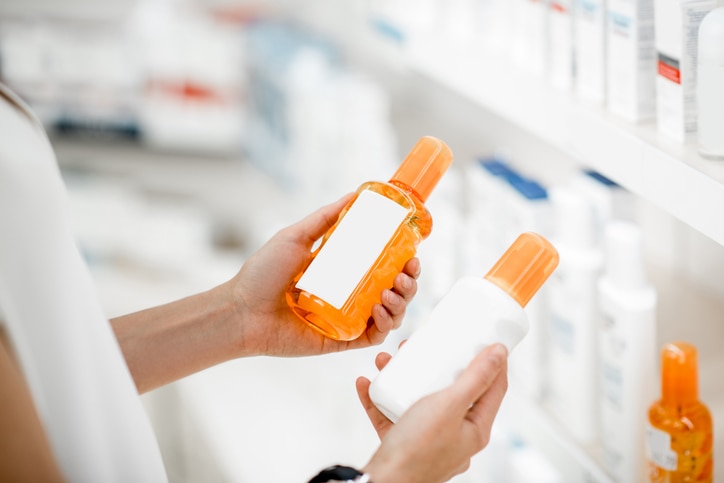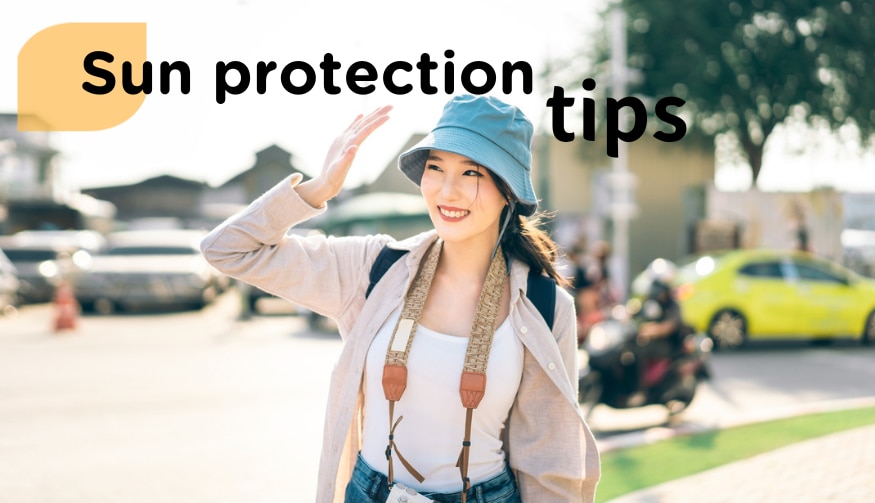Are high-SPF sunscreens better? Is SPF 100 sunscreen actually better for you? Don’t worry, we’ve got you covered. Keep reading to find out what you need to know about SPF to keep your skin the safest.
What does the SPF number mean?
SPF is short for “sun protection factor”, and it measures your sunscreen protection from UVB rays. It tells you how long the sun’s UV radiation would take to redden your skin when using the product. For example, with SPF 30 it would take you 30 times longer to burn than if you weren’t wearing sunscreen. If your skin would normally burn after 10 mins in the sun, applying an SPF 30 sunscreen would allow you to stay in the sun without burning for approximately 300 mins.

What’s the difference between SPF 30 and 50?
The truth is higher SPF products only offer marginally better protection. Doubling the SPF doesn’t mean doubling the protection. An SPF of 15 blocks 93% of UVB radiation, while SPF 30 filters 97% and SPF 50 filters 98% of the harmful rays. There isn’t much difference between SPF 30 and SPF 50. The best way to make sure you are protected is to apply liberally and reapply sunscreen often. Just keep in mind that the higher the SPF rating, the thicker the sunscreen tends to be.

How to choose the right sunscreen?
Any sunscreen that is both broad spectrum (protect against both UVA and UVB rays) and above SPF 30 is a great choice. Choose SPF 30 or above. And look out for a water-resistant formula, which is good for hot days as it lasts longer, even if you’re just sweating, not actually going in the water.














